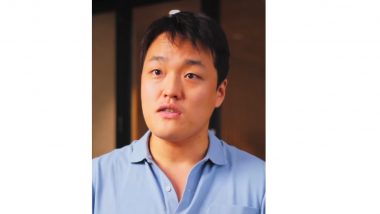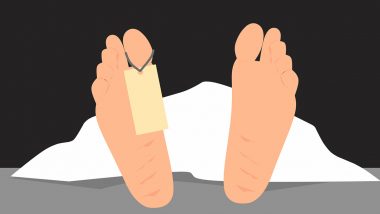The United States has long been a beacon for those around the world who often make significant sacrifices to move to the country in search of a more prosperous life. The process of getting there however is not simple. This compels many to seek out the help of immigration lawyers to help them navigate the arduous process of making their American dream a reality. With immigration laws always becoming more complex, many find themselves facing roadblocks.
Ally Lozano is the founder of Abogada Alexandra, a law firm that helps thousands navigate the complex process of US residency and citizenship. She provided us with insights on the most common challenges faced by immigrants moving to the US and the impacts it has on America.
What are some of the most challenging aspects of immigration law?
Ally Lozano: While there are many challenging aspects of immigration law, there is one law that is extremely harsh that makes gaining legal status very difficult.
It is a punishment for people who have entered the US unlawfully more than once. It is referred to as the “permanent bar,” and even if someone is married to a US citizen or has US citizen children, that person cannot get legal status until spending ten years outside the US. There is no “line” to get in and there’s no way to speed up the process. This forces many American families to make a difficult choice- live in the US without a parent/partner or move away from the US to be able to have that family member in their lives. It very strongly affects American citizens and their entire families.
What are some of the obstacles clients face when moving to the US?
AL: One of the greatest obstacles is that there is no “line” to wait in. For example, if a person is a US citizen and she wants to bring her adult Mexican son to the US, the wait for a visa is over forty years. That isn’t a line- that’s a lifetime of waiting. And if the mother were to pass away during that forty year wait, her son’s petition would be canceled.
Even the best and most brilliant people from other countries have nearly untenable hoops they have to jump through to get to the US. American companies cannot quickly bring the best minds in the world into our businesses because of the red tape and long waiting times.
Are there any recent or upcoming regulatory changes that you think are important for immigrants to be aware of?
AL: A very exciting proposal in immigration reform was to get rid of the permanent bar. This would allow for thousands of immigrants to gain legal status and be legally united with their families in the US.
How does your firm approach helping its clients with obtaining residency?
AL: Our law firm is focused on helping undocumented people gain legal status in the US. By knowing the ins and outs of the legal complexities of things such as the permanent bar, we are able to look for solutions.
The majority of the services we provide are for survivors of interfamilial violence, violent crimes, and human trafficking. We have been able to change thousands of lives through our work with VAWA (the Violence Against Women Act), the U Visa (for crime victims) and the T Visa (for survivors of human trafficking).
Is there any innovation or disruption happening in immigration law that is exciting?
AL: Our law firm has been the foremost disruptive law firm in immigration law. We have completely revolutionized the way that VAWA and the T visas are used and screened for. Many immigrants have ways to legalize their status because of what they have lived through, yet most of us were not properly screening immigrants to ensure they have access to these life-changing remedies.
My law firm has focused on educating the immigrant community about these forms of relief while I have simultaneously been teaching lawyers how to screen for them. In turn, thousands of lives have been transformed.
We began to leverage TikTok to connect with the immigrant community and once I taught other lawyers to do the same, it caught like wildfire. This has allowed us all to broaden our reach and help more people access their American dream.













 Quickly
Quickly





















